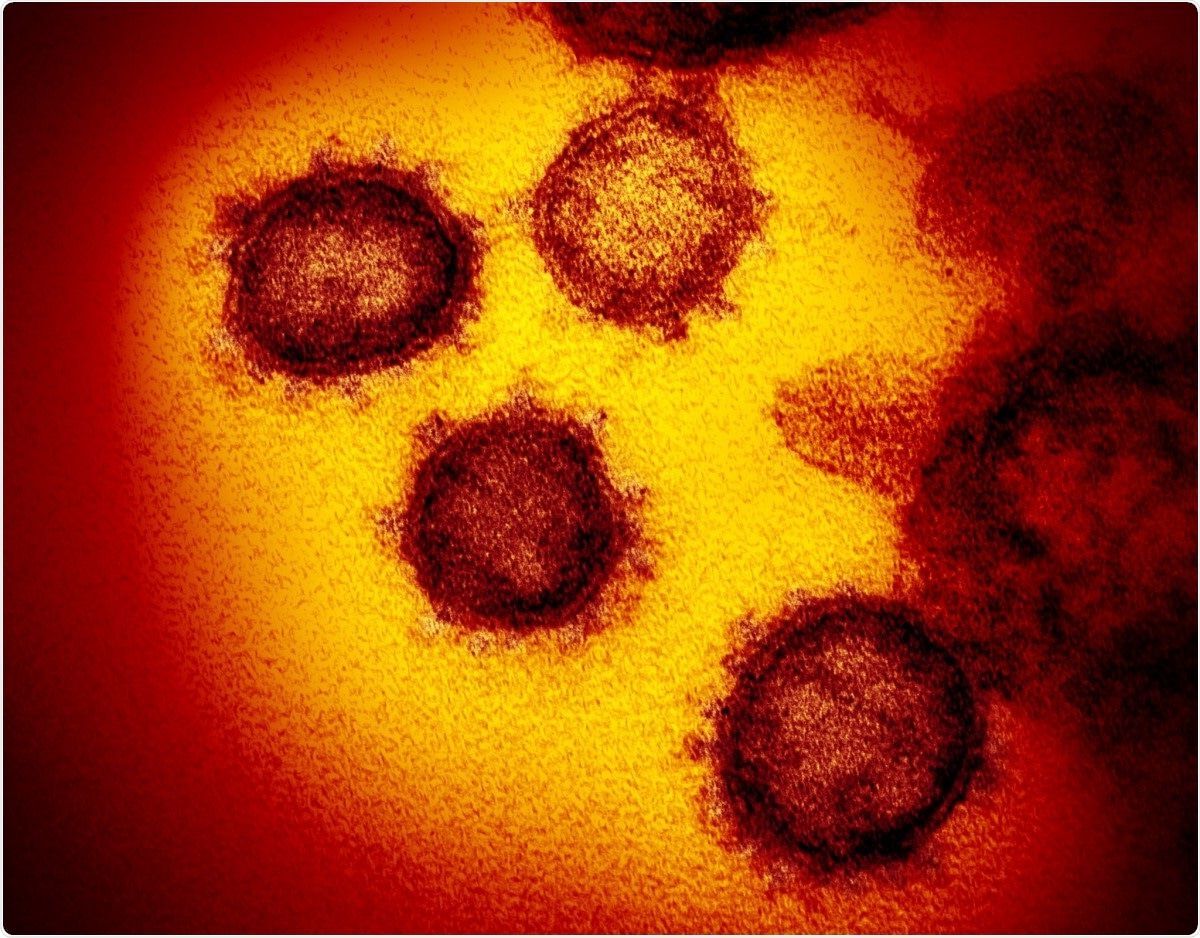
Cell-mediated immunity is a crucial part of our body's defense system. Unlike antibodies, which float around in our blood, cell-mediated immunity involves cells that actively seek out and destroy infected or cancerous cells. This type of immunity relies on T-cells, a special kind of white blood cell. These T-cells can recognize and respond to specific threats, making them essential for fighting off viruses and other pathogens that hide inside our cells. Understanding cell-mediated immunity helps us appreciate how our bodies protect us from diseases. Ready to dive into some fascinating facts about this vital immune response? Let's get started!
What is Cell-Mediated Immunity?
Cell-mediated immunity (CMI) is a crucial part of the immune system that involves the activation of certain immune cells to fight off pathogens. Unlike antibody-mediated immunity, CMI does not rely on antibodies but rather on the direct action of cells.
-
T-Cells are Key Players: T-cells, especially cytotoxic T-cells, are the main actors in cell-mediated immunity. They identify and destroy infected cells.
-
Helper T-Cells Assist: Helper T-cells support other immune cells by releasing cytokines, which enhance the immune response.
-
Memory T-Cells Remember: Memory T-cells remain in the body after an infection has been cleared, providing faster responses if the same pathogen invades again.
-
No Antibodies Needed: Unlike humoral immunity, cell-mediated immunity does not involve antibodies. It relies on cells to combat pathogens.
-
Targets Intracellular Pathogens: CMI is particularly effective against viruses and some bacteria that live inside cells, where antibodies cannot reach.
How Does Cell-Mediated Immunity Work?
Understanding the mechanisms of CMI helps appreciate its role in defending the body. Here are some key processes involved.
-
Antigen Presentation: Infected cells present antigens on their surface using MHC molecules, signaling T-cells to attack.
-
Activation of T-Cells: When T-cells recognize these antigens, they become activated and proliferate to fight the infection.
-
Cytotoxic Action: Cytotoxic T-cells release perforin and granzymes, which create pores in the infected cell's membrane, leading to cell death.
-
Role of Cytokines: Cytokines are signaling molecules that help regulate the immune response, ensuring that it is effective and controlled.
-
Delayed-Type Hypersensitivity: This is a form of CMI where T-cells cause inflammation at the site of infection, helping to contain and destroy pathogens.
Importance of Cell-Mediated Immunity
CMI plays a vital role in protecting the body from various infections and diseases. Here are some reasons why it is essential.
-
Fights Viral Infections: CMI is crucial for eliminating cells infected by viruses, which hide inside cells to evade antibodies.
-
Combats Cancer Cells: T-cells can recognize and destroy cancerous cells, preventing the spread of tumors.
-
Prevents Chronic Infections: By targeting intracellular pathogens, CMI helps prevent chronic infections that can persist for years.
-
Supports Vaccine Efficacy: Many vaccines work by stimulating CMI, providing long-lasting protection against diseases.
-
Autoimmune Diseases: Dysregulation of CMI can lead to autoimmune diseases, where the immune system attacks the body's own cells.
Challenges and Research in Cell-Mediated Immunity
Despite its importance, CMI faces several challenges that researchers are working to overcome.
-
Immune Evasion by Pathogens: Some pathogens have evolved mechanisms to evade detection by T-cells, making infections harder to clear.
-
Transplant Rejection: CMI can cause rejection of transplanted organs, as T-cells recognize the new tissue as foreign.
-
HIV and CMI: HIV targets and destroys helper T-cells, crippling the immune system and leading to AIDS.
-
Cancer Immunotherapy: Researchers are developing therapies that enhance CMI to better target and destroy cancer cells.
-
Immunodeficiency Disorders: Conditions like SCID (Severe Combined Immunodeficiency) affect CMI, leaving individuals vulnerable to infections.
Future Directions in Cell-Mediated Immunity
The future of CMI research holds promise for new treatments and better understanding of the immune system.
-
Gene Editing: Techniques like CRISPR could be used to enhance T-cell function, improving immune responses.
-
Personalized Medicine: Tailoring treatments to individual immune profiles could make therapies more effective.
-
New Vaccines: Developing vaccines that better stimulate CMI could provide stronger and longer-lasting immunity.
-
Biomarkers for Monitoring: Identifying biomarkers of CMI could help monitor immune responses and guide treatments.
-
Combating Antibiotic Resistance: Enhancing CMI could provide alternative ways to fight antibiotic-resistant bacteria.
Real-World Applications of Cell-Mediated Immunity
CMI has practical applications in medicine and public health that impact our daily lives.
-
Immunotherapy for Cancer: Treatments like CAR-T cell therapy harness CMI to target and kill cancer cells.
-
Infectious Disease Control: Understanding CMI helps in developing strategies to control outbreaks of infectious diseases.
-
Organ Transplantation: Managing CMI is crucial for preventing organ rejection and ensuring transplant success.
-
Autoimmune Disease Treatment: Therapies that modulate CMI can help treat autoimmune diseases by reducing harmful immune responses.
-
Vaccine Development: Research into CMI informs the development of new vaccines that provide robust and long-lasting protection.
Final Thoughts on Cell-Mediated Immunity
Cell-mediated immunity is a fascinating and vital part of our immune system. It involves T-cells, macrophages, and cytokines working together to protect us from infections and diseases. Understanding this complex process helps us appreciate how our bodies fight off harmful invaders. From recognizing antigens to destroying infected cells, each step is crucial for maintaining health. This knowledge also paves the way for advancements in medical treatments and vaccines. By grasping these facts, we gain insight into how our immune system operates and how we can support it. Remember, a healthy lifestyle, proper nutrition, and regular check-ups play significant roles in keeping our immune system strong. Stay informed, stay healthy, and appreciate the incredible work your body does every day to keep you safe.
Was this page helpful?
Our commitment to delivering trustworthy and engaging content is at the heart of what we do. Each fact on our site is contributed by real users like you, bringing a wealth of diverse insights and information. To ensure the highest standards of accuracy and reliability, our dedicated editors meticulously review each submission. This process guarantees that the facts we share are not only fascinating but also credible. Trust in our commitment to quality and authenticity as you explore and learn with us.


